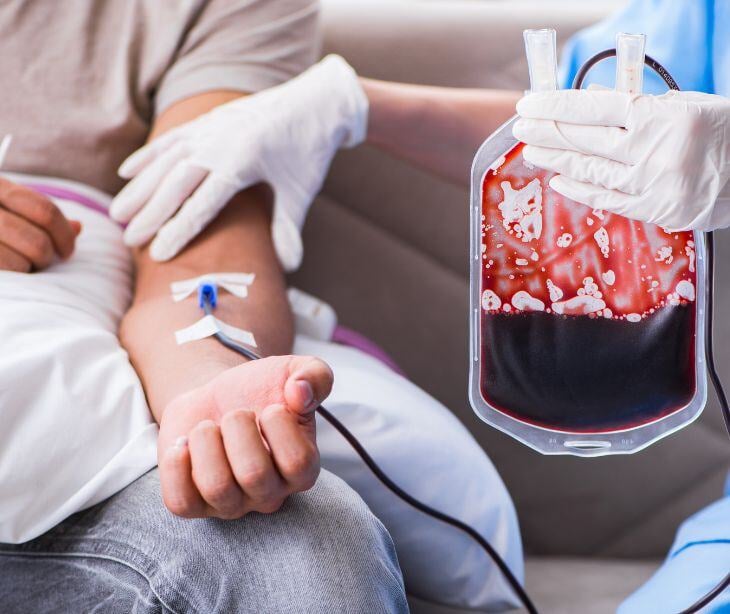
Blood banks are generally not bound by HIPAA, but they adhere to FDA regulations, state privacy laws, and their own confidentiality policies to protect donor information.
HIPAA’s relevance to blood banks
HIPAA primarily applies to three main types of covered entities: healthcare providers, health plans, and healthcare clearinghouses that handle certain electronic transactions involving protected health information (PHI). The goal of HIPAA is to protect the privacy of individuals’ medical information while ensuring it can still be shared safely in a healthcare context. HIPAA also extends to business associates who process or handle PHI on behalf of covered entities.
Most blood banks, however, don’t fit into these categories. Since they aren’t generally healthcare providers, health plans, or clearinghouses, they typically aren’t directly subject to HIPAA regulations. Instead, blood banks operate under a separate set of rules and standards specifically tailored to their services and donor privacy.
See also: HIPAA Compliant Email: The Definitive Guide
Blood banks and privacy
FDA regulations
Blood banks are regulated primarily by the Food and Drug Administration (FDA) to ensure the safety of the blood supply, but this oversight does not involve HIPAA. The FDA’s focus for blood banks is to establish safe practices for blood collection, donor screening, testing, and distribution. These regulations are strict about maintaining the safety and integrity of blood products but aren’t specifically designed to address privacy. Nonetheless, FDA regulations do require blood banks to keep thorough records on blood donors to ensure traceability, which is necessary for safety but could raise privacy concerns.
To manage this, blood banks adopt strict policies for how they collect, store, and share information. Many blood centers incorporate confidentiality agreements as part of their donation process. For instance, Blood Assurance states, “Blood center donors are not covered by HIPAA; however, [the] confidentiality of the donor’s information and protection of such shall be accomplished to the best of our ability and as applicable by law.” This approach helps ensure that donor information is handled with respect, even outside of HIPAA’s scope.
See also: Safeguarding patient confidentiality during information requests
State privacy laws and confidentiality agreements
In addition to FDA regulations, blood banks must comply with applicable state privacy laws that protect sensitive personal information. State regulations vary widely but often include provisions that require organizations handling personal information to protect it from unauthorized access. In some states, privacy laws include protections that are similar to HIPAA, especially in how they regulate data storage, sharing, and disposal.
Blood banks often enhance these protections through internal confidentiality policies and require donors to sign agreements acknowledging these terms. These agreements set clear expectations for donors and outline how their information will be handled. Through these policies, blood banks uphold privacy as a core part of their operations.
Related: A simple summary of the The HIPAA Privacy Rule
FAQs
What information do blood banks collect from donors?
Blood banks collect personal and health-related information from donors, including health history, recent travel, medication use, and any conditions that may affect blood safety. This information is necessary to screen donations for safety but is handled with strict confidentiality.
How do blood banks protect my information?
Blood banks use a combination of secure record-keeping practices, confidentiality policies, and staff training to protect donor information. They limit access to sensitive data and ensure it is only used for necessary purposes, such as ensuring the safety and suitability of blood donations.
Can I request that my information be deleted after donating?
Because blood banks are required to maintain donor records for a specific period due to safety regulations, deleting information immediately after donation may not be possible. These records are crucial for tracking and traceability, but they are stored securely and only accessed as needed.



%20-%202024-09-26T184712.606.jpg)
%20-%202024-11-07T154223.429.jpg)